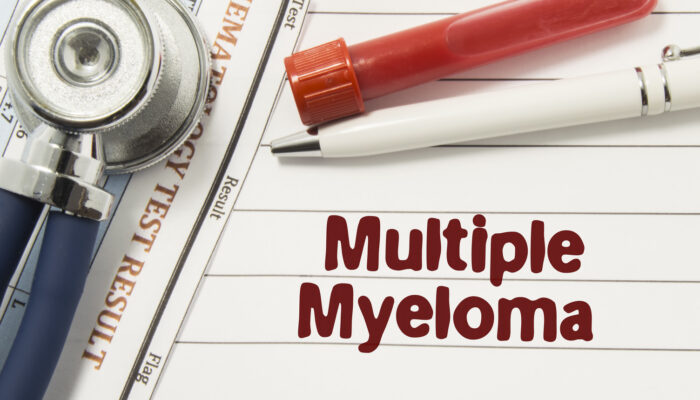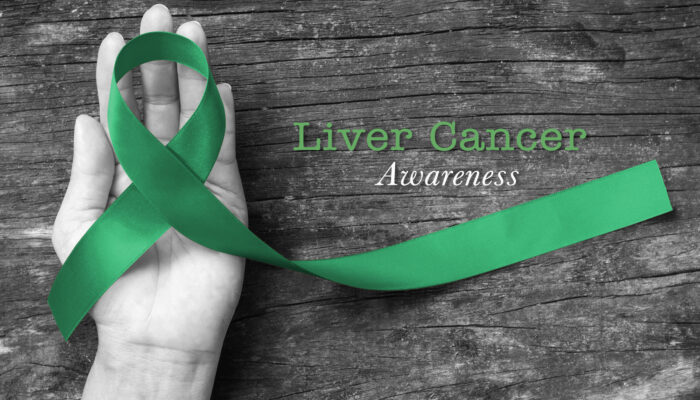
An introduction to heartburn
As seemingly unfriendly and dangerous as it is, heartburn actually has nothing to do with the heart. Also known as acid ingestion, or pyrosis, heartburn can simply be explained as a burning sensation in the throat or chest caused by the backflow of the stomach acid in the esophagus, which is the long tube that connects the stomach to the mouth. If heartburn occurs sporadically there’s no cause for concern, but if it occurs frequently, it can be a sign of something much more serious and may necessitate proper medical care. Heartburn in some cases can be a symptom of GERD, which stands for gastro esophageal reflux disease.
Causes
The causes of heartburn are:
Increased stomach acid secretion is caused by commonly consumed foods such as alcohol, caffeine, carbonated beverages, acidic juices and foods, and chocolate.
Relaxation of the lower esophageal sphincter (LES), which is the muscle responsible for separating the esophagus from the stomach due to consumption of high fat foods.
Malfunctioning of the LES can be caused by increased pressure in the abdomen due to pregnancy or obesity.
Disorders particular to the esophagus, like scleroderma and sarcoidosis, can have heartburn as a symptom.
Symptoms
Except for the basic symptom of heartburn – that is a burning sensation in the chest, the accompanying symptoms are a sour taste in the throat, regurgitation of swallowed food, and a sensation of food being stuck in the esophagus.
Treatment options
Fortunately, heartburn is something that can be detected early. It can be treated with remedies developed at home and through some changes in daily routine which include:
- Not lying down immediately after meals
- Not consuming tobacco in any form
- Not consuming chocolate in excess amounts
- Not over consuming alcohol or caffeinated drinks
Following the above guidelines can help in decreasing the frequency at which a person experiences heartburn.
Unfortunately, if these suggestions do not improve the symptoms, it might be time to seek professional help. After inquiring about the symptoms and gaining a better understanding of the problem through one’s medical history, the doctor might order the following tests:
- X-rays
- Endoscopy
- pH tests
Each patient has his/her own requirement; hence, the doctor might give suitable treatment options depending on the diagnosis. These options might include antacids and proton pump inhibitors, among other things. Although these medicines help in curing heartburn, they can also have side effects. Antacids in some cases can be the cause of digestive issues such as constipation or diarrhea.
Prevention
In the case of heartburn, there exists a lot of scope to prevent it from getting worse and even possibly avoid it. The usual ways to avoid heartburn are: taking over-the-counter medication as soon as the symptoms start, consuming ginger-based snacks or beverages, avoiding consumption of tobacco and alcohol, eat dinner at least 4 hours before going to bed, and eating smaller meals more frequently rather than bigger meals.



